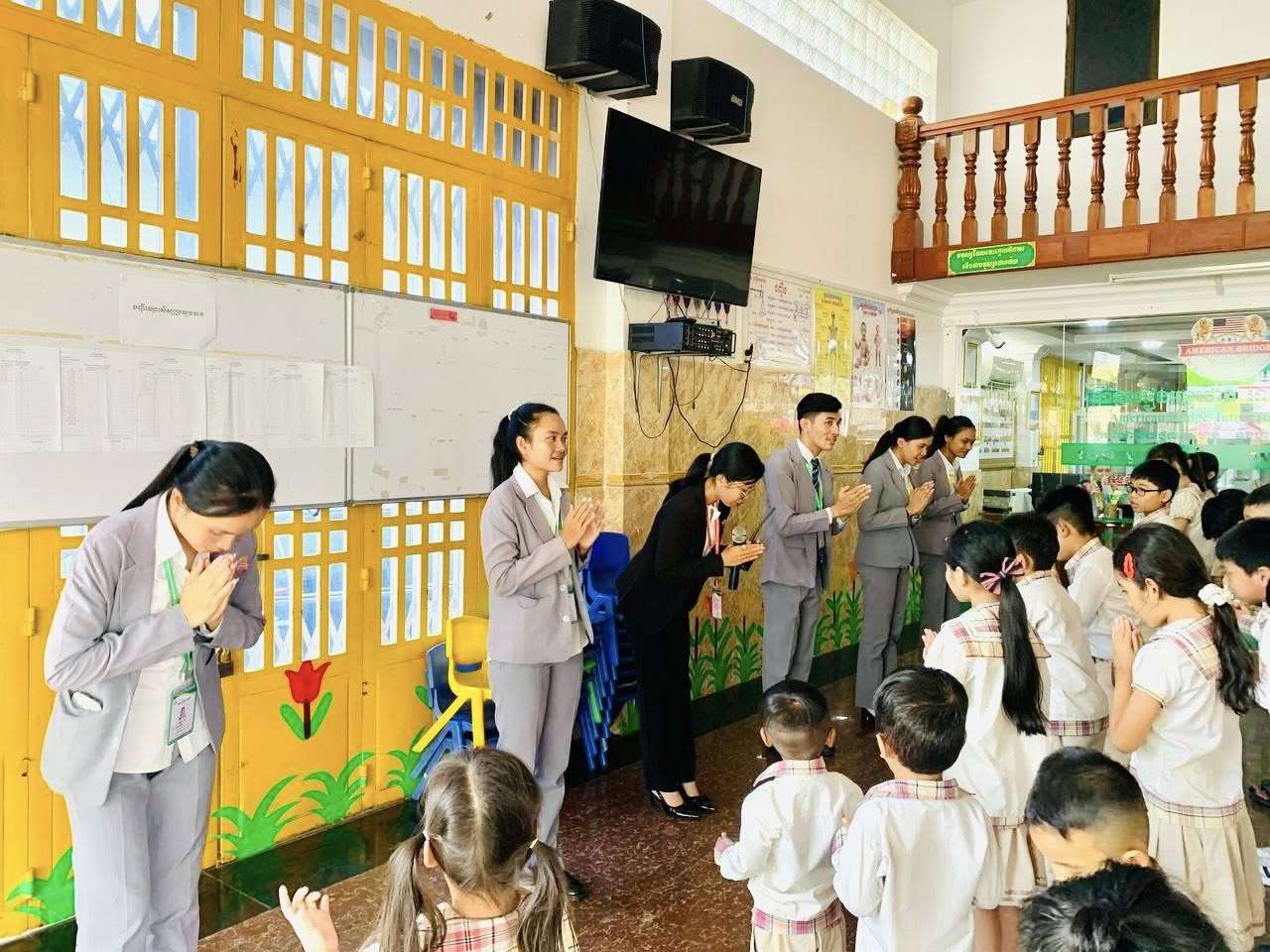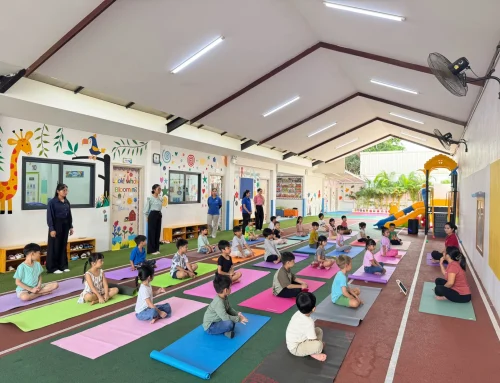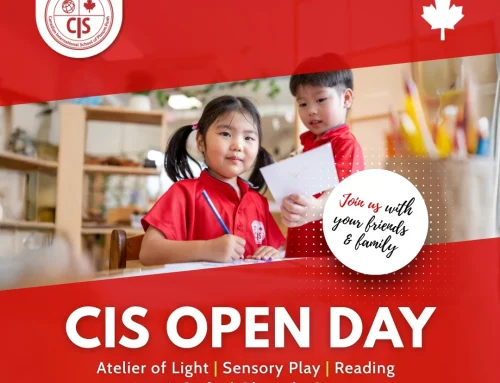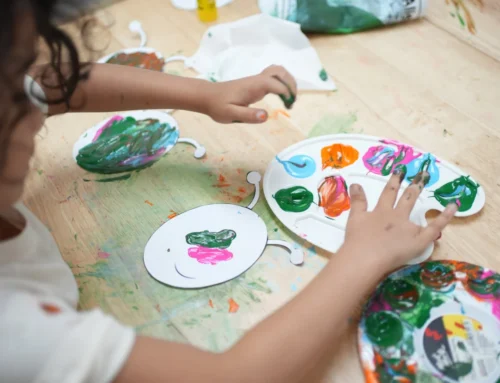Building meaningful learning experiences begins with community, connection, and shared responsibility. At American Bridge International School, this philosophy is clearly reflected in their commitment to creating an environment where students learn not only through instruction but also through shared experiences, peer interaction, and hands-on engagement. The recent activities shown in the image demonstrate how the school fosters strong foundations in communication, teamwork, and real-world understanding—a model that continues to resonate with parents and educators across Cambodia.
How Sharing Enhances Student Understanding
The target keyword American Bridge International School sits at the heart of this discussion, as the school demonstrates how sharing is more than a social skill; it is an educational strategy. During classroom activities, students engage in structured interactions that allow them to exchange ideas, deepen comprehension, and build confidence. When students explain their thinking to classmates, they reinforce their own understanding while developing essential communication skills.
This approach is especially effective in early childhood and primary education settings, where peer learning can significantly boost both language development and cognitive growth. Through shared tasks, group discussions, and collaborative problem-solving, students experience learning as an active journey—not a passive process.
A School Environment That Encourages Participation
The photos reflect a warm, structured environment where teachers guide students through meaningful routines. At American Bridge International School, educators create opportunities for students to participate, whether by answering questions, contributing observations, or joining cooperative tasks. This helps develop a sense of responsibility and belonging, qualities that strongly influence school success.
Structured sharing times also promote social-emotional learning. Students learn to wait for their turn, listen actively, and respect diverse perspectives. These foundational skills enrich every subject area—from literacy and numeracy to arts and personal development.
Building Confidence Through Daily Activities
Daily sharing routines, such as reporting activities, speaking practice, and group learning, help young learners develop confidence and independence. For many students, having a safe space to express themselves builds the courage needed for higher-level learning later on.
At American Bridge International School, teachers integrate these experiences into every lesson. Whether students are sharing what they learned, discussing a picture, or presenting their work to classmates, they build skills that prepare them for future academic success. This method aligns with global best practices in modern education, emphasizing student voice and active participation.
Strengthening Home–School Partnerships
Parents today seek schools that balance academic standards with meaningful character development. Sharing activities reassure families that their children are learning in a supportive and engaging environment. Schools that adopt this approach—like American Bridge International School—often see improved confidence, better classroom behavior, and stronger communication skills among students.
For parents exploring educational options in Phnom Penh, it is important to learn about a school’s teaching philosophy, daily routines, and interaction-based learning methods. If you would like to update or verify information about this school or any other institution, you may visit Contact us on the Education Cambodia platform.
Conclusion: Why Sharing Matters in Cambodia’s Classrooms
The emphasis on sharing at American Bridge International School reflects broader goals in quality education—building responsible, expressive, and confident learners. As Cambodia continues to expand its educational landscape, schools that promote collaboration and active engagement stand out for their positive impact on student development. Parents, educators, and school leaders can all appreciate how these daily routines contribute to long-term academic and personal growth.
If the information about the school is not accurate or you would like to request updates, please visit Contact us
Do you want to register your school? Click Here







